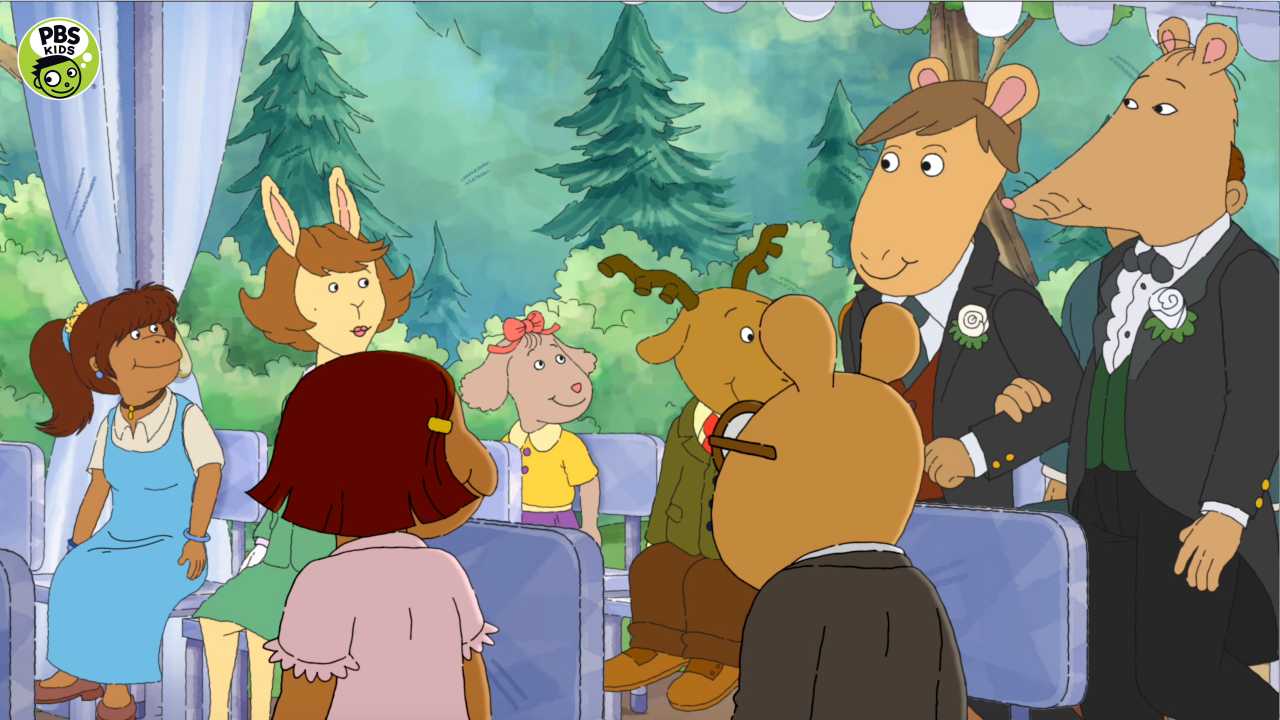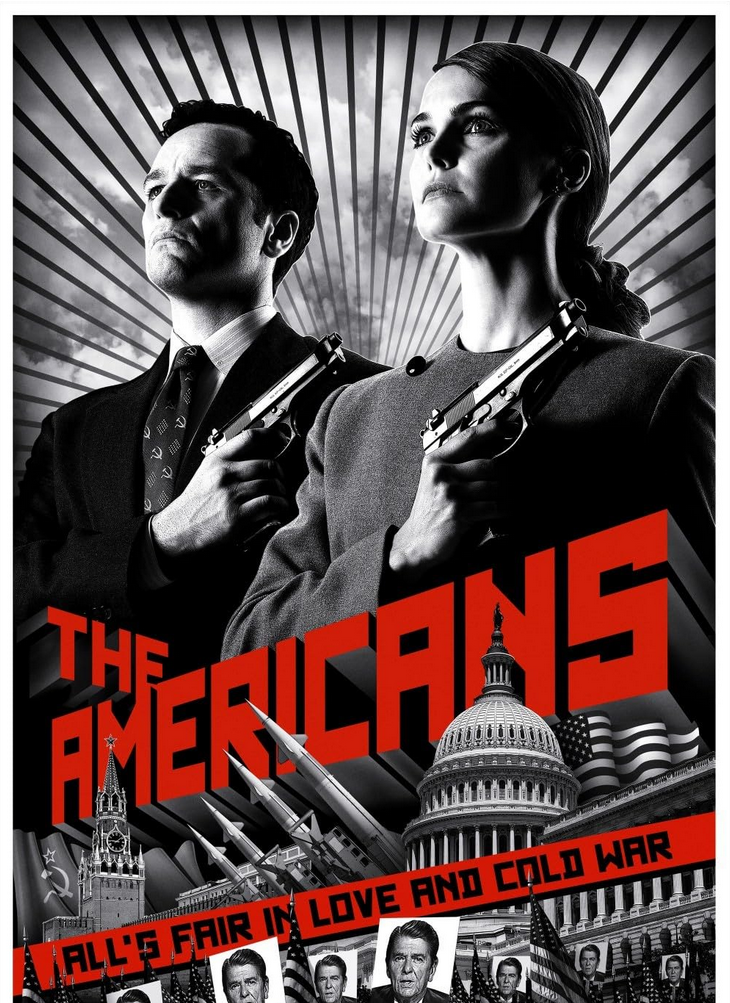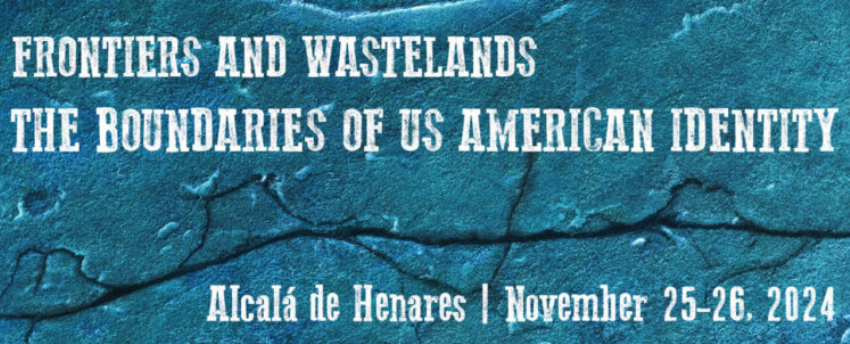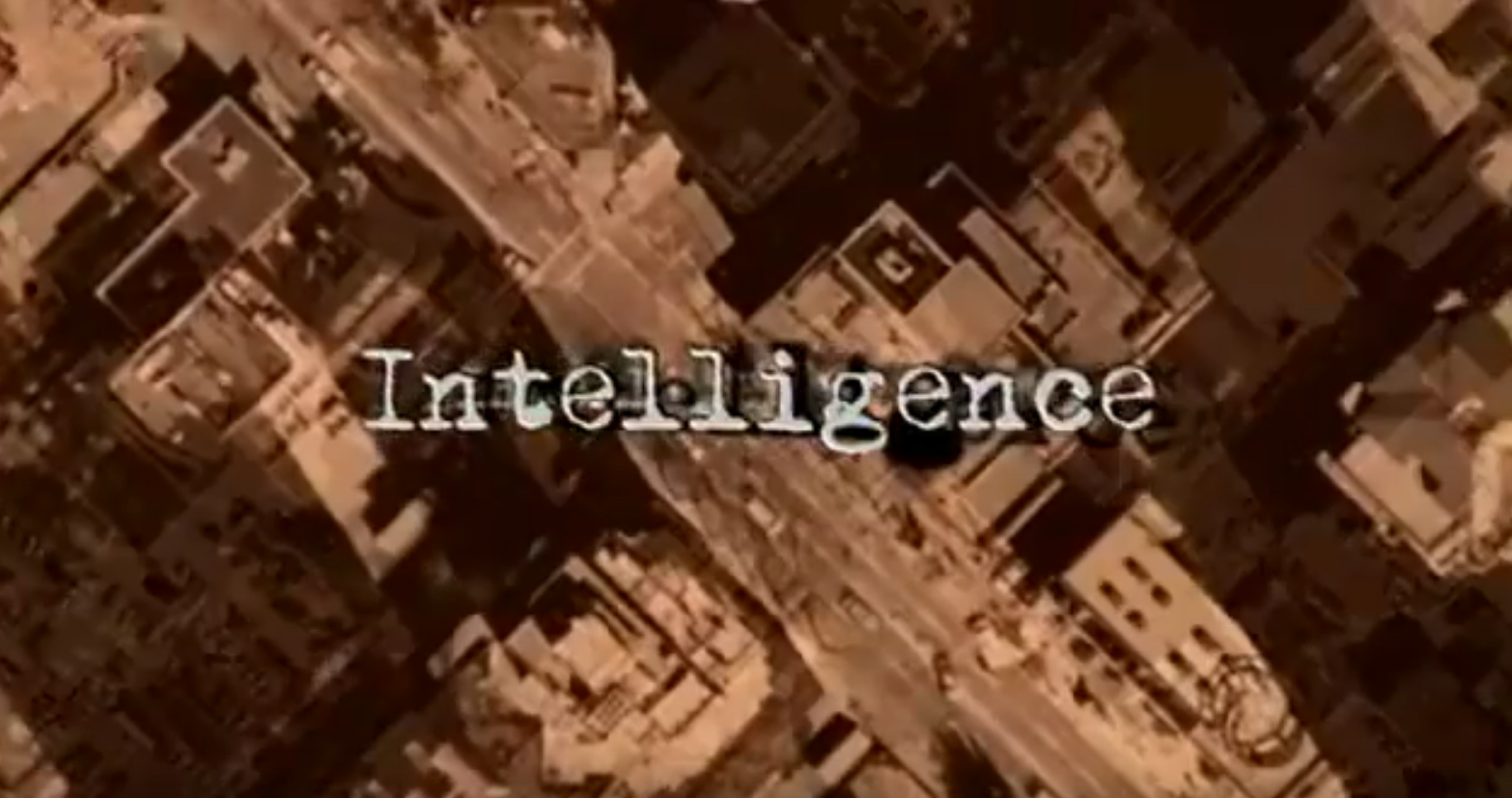
Dear colleagues, We would like to draw your attention to a special issue of Television & New Media on streaming production cultures. Over the past two decades, major tech companies like Netflix and Amazon have become central players in the screen industries. The special issue explores the practices and beliefs of above- and below-the-line workers who create audiovisual content for streamers and/or online platforms.







